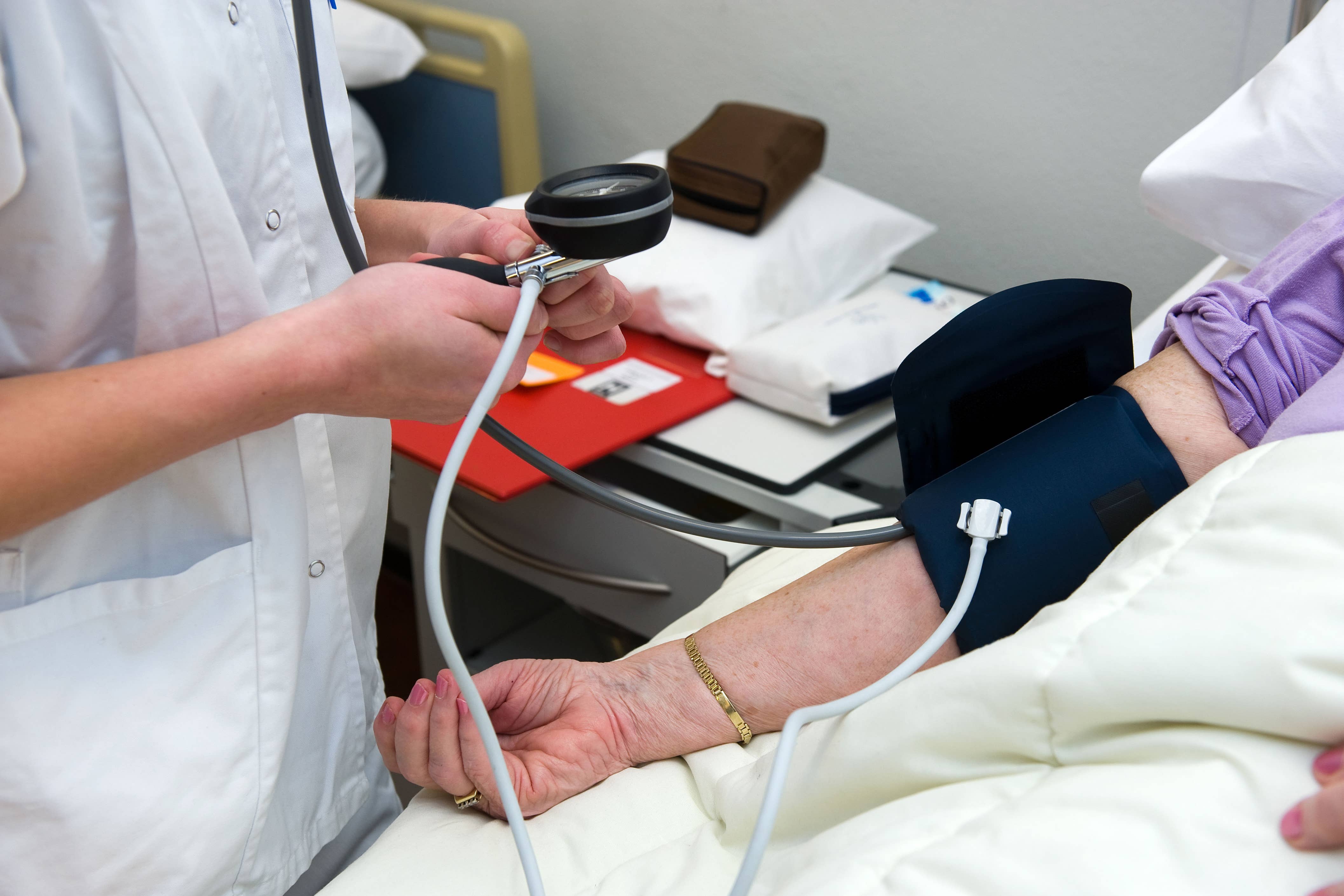Body clock could determine best time for blood pressure medication, study shows
Research has revealed a person’s chronotype – the time they wake up and go to sleep – can impact how they interact with their medication.

Your support helps us to tell the story
From reproductive rights to climate change to Big Tech, The Independent is on the ground when the story is developing. Whether it's investigating the financials of Elon Musk's pro-Trump PAC or producing our latest documentary, 'The A Word', which shines a light on the American women fighting for reproductive rights, we know how important it is to parse out the facts from the messaging.
At such a critical moment in US history, we need reporters on the ground. Your donation allows us to keep sending journalists to speak to both sides of the story.
The Independent is trusted by Americans across the entire political spectrum. And unlike many other quality news outlets, we choose not to lock Americans out of our reporting and analysis with paywalls. We believe quality journalism should be available to everyone, paid for by those who can afford it.
Your support makes all the difference.People with hypertension who take their medication at a time depending on whether they are a morning or evening person could be at lower risk of suffering a heart attack, a study suggests.
Research carried out at the University of Dundee found a person’s chronotype – the time they want to wake up and go to sleep – can impact how they interact with their blood pressure medication.
The study saw more than 5,000 people complete a questionnaire assessing their chronotype, with around half taking their usual antihypertensive medication in the morning and the other half in the evening.
The university’s School of Medicine found those with earlier chronotypes who took their medication in the morning were less likely to have a heart attack than those who took it at night.
The research also found participants with later chronotypes who took their medication in the evening were less likely to have a heart attack than those who took it in the morning.
The results suggest taking antihypertensive medication at a time aligned with personal chronotypes could provide extra protection for the heart.
The research was conducted in collaboration with Helmholtz Munich and in partnership with a team of researchers from elsewhere in the UK, Italy and the USA.
The study has been published in the journal eClinicalMedicine.
Dr Filippo Pigazzani, clinical senior lecturer and honorary consultant cardiologist from the University of Dundee’s School of Medicine, said: “Our research has now shown for the first time that considering chronotype when deciding dosing time of antihypertensives – personalised chronotherapy – could reduce the risk of heart attack.
“However, before any patients change when they are taking their antihypertensive medications, our findings first need to be confirmed in new randomised clinical trials of personalised chronotherapy.”
Dr Kenneth Dyar, a circadian biologist from Helmholtz Munich, who helped design the study, added: “We all have an internal biological clock which determines our chronotype – whether we are more of a ‘morning’ or ‘evening’ person.
“This internal time is genetically determined and affects biological functions over 24 hours, including gene expression, blood pressure rhythms, and how we respond to medications.
“It’s important for physicians to remember that not all patients are the same. Humans show wide inter-individual differences in their chronotype, and these personal differences are known to affect disease risk.”